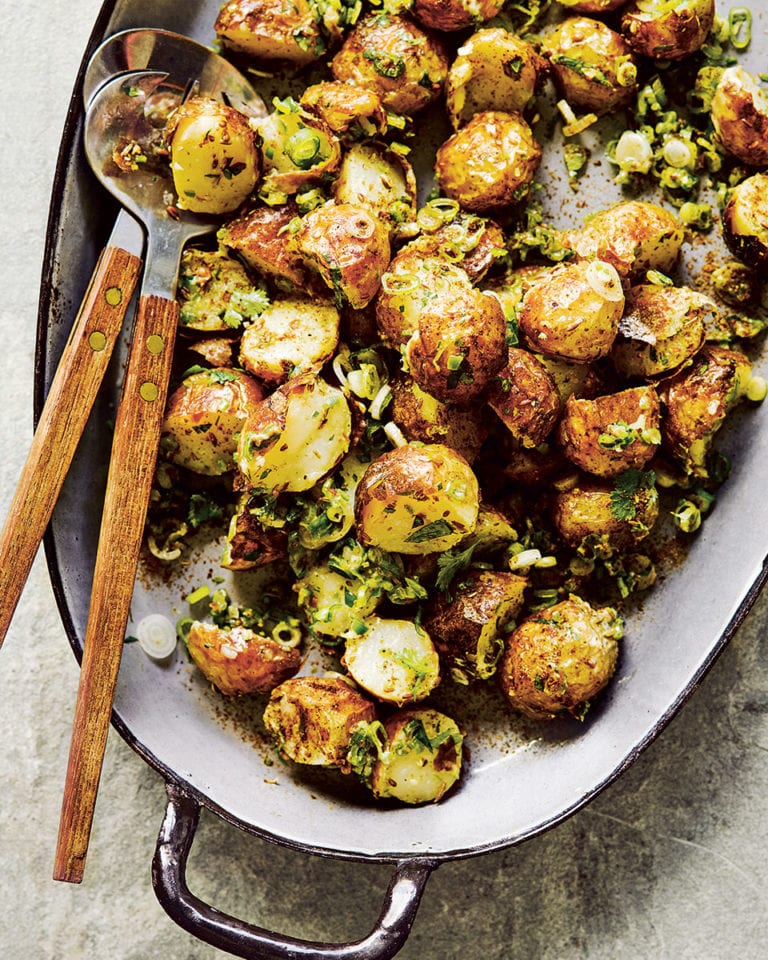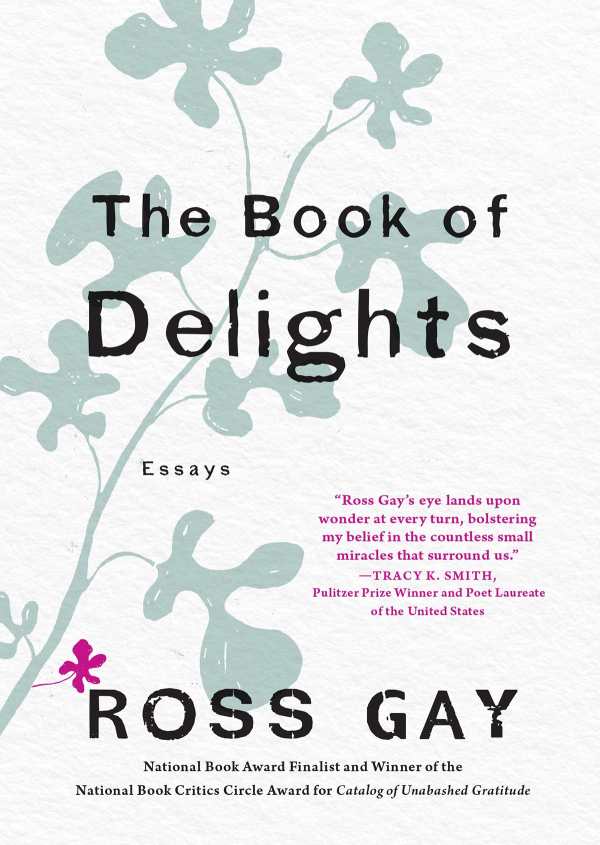Once upon a time, up in the North, in the islands, where green foam flecked waves meet blue sky, there was a young fisherman.
It was summer solstice, and he was heading home in the half-light haze, the simmer dim, when the sun floats beneath the horizon and glows under the water as the moon rises full in the sky. A time of in-between.
He was kicking a stone down the path, following the curve of coast around to hidden cove, when he hears it, stops. A sound that makes men feel delight and terror.
Women’s voices and laughter.
Laughter like the clear stream rushing over stones. Floating on the twilight breeze to his frozen feet. He shakes himself, he inches closer, peeks around the edge of the cove and his breath stutters at the sight in front of him.
A group of young women, dancing on the sand. Wild, alive, hypnotising. Running in and out of the water, splashing through the waves, spinning on the sand gold beneath their feet. Sinuous shapes moving, dark eyed, dark haired, skin shimmering in the light. Beautiful in the wild way dolphins are, diving through the breakers.
Are they naked?
He hunches down, watches in wonder, tinderbox blaze in his chest, and a shimmer grabs his gaze on the shoreline. He sees shining seal skins scattered on the sand.
As many seal skins as there are women dancing.
Something lurches forward in him at that.
The women.
The shimmering seal pelts.
The stories the old ones tell of the selkies, the seal people.
And he looks at the women, looks at the seal skins. Thinks how it would be fine thing to have one of those. A seal skin. A woman wild like that.
He wriggles forward on his belly, quiet, half an eye of the women, unseen. Closer, closer, closer. Reaches out and seizes one of the skins.
The moment his hand touches the warm velvet fur of the pelt, the spell is broken. One of the women sees him, screams, and they scatter like startled birds. Startled, seen, they snatch their seal skins from the sand and dive into the green waves, women disappearing under the water, sleek silver seal heads rising up in their place.
All but one. The youngest, the prettiest of the women, is running too, frantic. She can’t find her skin. She cries out to her sisters, those dark eyed seal girls slipping away in the ocean.“Wait! Help me! My pelt is gone.”
The group pauses. One turns, as if almost to swim to the beach, but there’s a voice from the one leading the pack.
“What would you have us do? Stay in your place and give up our skins? I think you wanted to get caught.”
Then they are swimming towards the horizon, arrowing through the waves, disappearing, not looking back, leaving her on a strange shore with this strange man, holding her seal skin in his hand.
She walks up to him, slow and the fisherman looks into her eyes, this impossible wild alive woman in front of him and he’s a goner. His heart breaks right then at the sight of her.
She reaches out, salt water streaming down her face, and says to him, “Will you give me my skin back? Please. I want to go home with my sisters.”
Now, the fisherman, maybe he’s not so different from you or I. An ordinary man with an ordinary life, and now he’s had a glimpse of the numinous, the big mystery, standing here in front of him.
He feels the ache, the opening in his chest when he looks at her, and he thinks, “If I give her skin back, I’ll never see her again. I’ll never feel this way again.”
Some iron in him hardens. “If I let her go, this kind of beauty will not touch my life again.”
His fingers tighten around the fur, as he says to her,
“I’ll give you my hand, my heart, my fortune, my life to share to make together. But I won’t give you your pelt back.”
The seal woman pleads, she begs the fisherman, and she realises, as sometimes we all do, at certain times in our life, there’s nowhere else to go.
When he turns, she follows him to his stone croft on the cliff tops and eventually she falls asleep in exhaustion in his bed.
As she dreams restless, the fisherman takes the seal skin and he hides it away. In the morning, she asks him for her skin back. He doesn’t answer. Instead he brings wild flowers woven into a crown, shells that shimmer like pearls, saves up for fine cloth from the market, leaves them on a table as his reply.
He is used to fishing, to patience, waiting on the ocean, watching for hidden shoals, looking for a glimmer of his reflection, of what he feels in her face.
When he goes to sea, she searches the cottage, she feels the echo of herself there, but she can’t find her seal skin.
Days stretch into weeks, weeks into months, a year, they fall into the rhythm of a life together. The fisherman goes out in his boat, the seal wife keeps house, cooks, cleans, mends his clothes.
She stops asking the question and her grief becomes a hidden thing, unspoken. She goes out on long walks over the sandstone cliffs, gathers mussels, steals the gulls and cormorant eggs. She lies the cool hollows of the dunes, watching the sea, breathing in salt air, sees the shadow of seal heads popping up from waves and tears streams down her face.
She never goes into the water.
Then, there are children.
First a son, then a daughter. Dark eyed, like their ma, strong swimmers both. She straps them to her, as she walks the coast and tells them stories of her sisters, life under the water. The villagers tell the kids, your ma’s an odd one. At night she combs her daughter’s hair and sings strange songs around the fire.
When the boy is old enough, he goes out on the boat with his da. Every time, they bring back a hefty catch of silver– herring, mackerel, cod. They eat well and the fisherman is a kind of rich. A full belly, fine wife, a beautiful family.
Except sometimes moods sweep through the seal wife like a storm tide. There are sharp words at night, heavy silences in the morning and the air crackles like lightening. Makes you want to itch out of your skin.
There are days when the selkie woman doesn’t get out of bed at all, not for her husband, not for her son’s coaxing, not for her little girl’s pleading.
She turns under the blankets and stares at the wall, unmoving. Her daughter stirs the fire then, puts on the oats, curls into her mother, presses her face into her mother’s hair.
The silences get longer, the words get sharper and one morning, the same fight, the old fight, the same question asked, the space in the bed between them an ocean.
As the fisherman, he slams the door, he thinks how she doesn’t look much like the shining girl he found the shore on the solstice these days.
When he looks at her, he sees tired woman with cracked hands and strands of silver in her hair.
When he leaves this time, the woman gets up, starts searching the house again. She throws the pots and pans on the floor, turns out the cupboards, tosses the clothes in a pile, in a frantic frenzy.
Her daughter’s seen her do this before, again and again, but this time she asks;
“Ma, what are you looking for?”
The selkie woman tells her, “Your father took something of mine a long time ago. He keeps it hidden somewhere. I’ve never been able to find it. It’s precious to me, it’s part of who I am.”
And the little girl thinks. She remembers seeing her da late at night, when he and her ma have been fighting, her ma, tired out in bed, salt water stained on her face and sleeping, seeing her da getting something from the chimney rafters, thick, soft and shining, holding to his face, breathing it in.
She grabs the good chair, clambers up the beams and brings it down, a cloud of silver in her hand.
“Is this it?”The girl will never forget the look on her mother’s face, clutching the fur of the pelt. It’s like she’s seeing her for the first time, this woman who is her mother but someone else entirely too.
As she wraps the skin around her, her daughter would swear she’s younger, eyes like the morning, hair like midnight. The selkie woman flings open the croft door and she is running, running, running, heels kicking up stones behind her.
The little girl calls after her ma, small legs stumbling in the sand, and she falls, cries out, and her ma, she doesn’t back, as she dives into the green blue water. Then there’s nothing but the silver flick of a seal’s tail, a sleek dark head moving through the foam flecked waves.
When the fisherman came home that night, his heart broke a second time. They say he spends his days on the ocean, his nights walking the beaches, looking for the selkie woman who was his wife.
She never came back.
Myths can be a wild way of telling the truth. When the songs don’t reach you, when the poems don’t move you, stories were an old kind of medicine that could reveal a deeper truth about your life, who you are in the world and the world in you.
With stories, we all have each of the different characters and energies inside of us, the possibility for all of it, vast landscapes and worlds. The exterior and interior worlds aren’t so different. We might relate to one moment, one journey more at a particular time in our lives.
To be mythically literate is to learn what kind of story you’ve living in. Stories can be an anchor point, the images showing us the way to dive down into the world of soul to a deeper understanding of ourselves and our lives.
Here’s a few questions to consider in light of the story.
When have you stopped in your tracks by something impossibly wild and beautiful?
When might you have reached out, wanted to steal a seal skin to keep something in your life?
When were you left on a strange shore?
When did you do the leaving?
What part of you, what wildness, might you have had locked away in a relationship?
When might you have been the daughter, suddenly seeing a new side to someone?
When may you have wanted to snatch your seal skin, dive into the ocean, away from the life you’ve been living for years, back to a different version of yourself?










